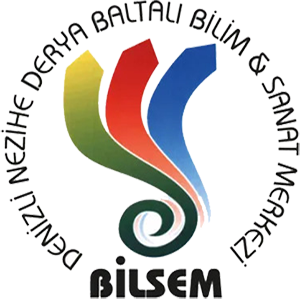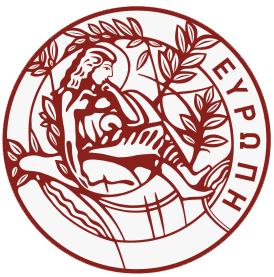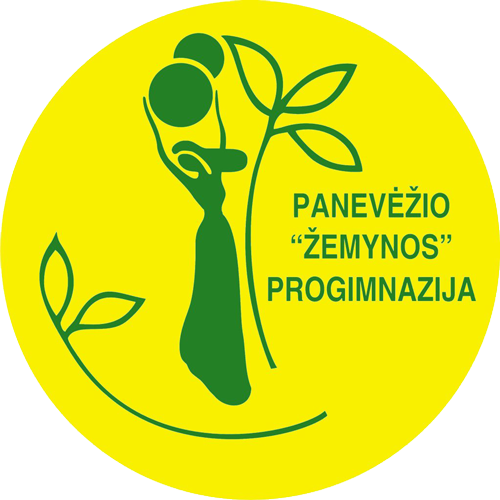
"INNOVATIVE SCHOOLS: TEACHING & LEARNING IN DIGITAL STEM LABS"
2020-1-TR01-KA226-SCH-097611

PANEPISTIMIO KRITIS (University of Crete) is a multi-disciplinary, research-oriented public educational institution. Located at campuses in Heraklion and Rethymnon on the island of Crete, a site rich in ancient and modern Mediterranean cultures, the University offers a vibrant social and intellectual environment for research and education.
Established in 1973, the University accepted its first students in 1977-78. It now has 16 Departments in 5 Schools (Philosophy, Education, Social Sciences, Sciences & Engineering, and Medicine) as well as a number of affiliated institutions, including the Skinakas Observatory, the Natural History Museum, and the University General Hospital. Currently, over 16,000 undergraduates and 2500 postgraduate students are registered here. They are educated by an outward looking academic faculty of around 500 members, supported by adjunct lecturers, post-doctoral researchers, and laboratory instructors as well as around 300 technical and administrative staff.
The international orientation of the University is reflected in its track record of collaborations with many of the leading research and educational institutions in Europe and worldwide as well as active promotion of mobility and exchange programmes. Research and research training at all levels benefits also from the close collaboration between many of the University’s research groups with the Institutes of the Foundation for Research and Technology – Hellas (FORTH) and the Institute of Marine Biology & Genetics (IMBG) Research and research training activities at the University are organized along the lines of the Divisions within each Department. Research activity follows the classic academic model insofar as it is driven by the initiatives of scholars and scientists in developing their own curiosity-driven or practice-based projects or working in collaboration with other research groups. These collaborations mirror the increasingly multi-disciplinary and inter-disciplinary character of both basic and applied research, which is also reflected in the interdisciplinary character of many of the University’s postgraduate studies programmes.
Consistent with its research orientation, the University of Crete is the first Greek University to have signed the EU Charter and the Code for the recruitment of researchers, and forms part of the EURAXESS European network for the mobility of researchers. The University fully participates in quality assurance mechanisms and is committed to meeting quality standards both for its academic and administrative structures.
The University is committed to providing a stimulating environment that promotes education by teaching and research. We strive for excellence in teaching, research and community partnerships and aim to
• provide a secure and open teaching and learning environment for our students,
• take a leading role in research and the resulting innovations,
• promote the cultural, social and economic development of the region and
• develop and strengthen collaborations with other academic institutions within Greece, Europe and worldwide
The Science Education lab is established, in 1989, at the Department of Primary Education at the University of Crete, Greece. The head of the lab is Prof. Stavrou D. since 2015. The Science Education lab focuses on research about the educational use of digital technologies and the integration of the educational innovations of ICT such as dataloggers, virtual & augmented reality and educational robotics in STEM teaching. Particularly, master degree theses as well as bachelor theses are revolved around developing teaching materials for science lessons with the use of microcomputers, robotics and virtual reality environments. Moreover, the Science education lab give emphasis on pre-service & in-service teacher education and also studies the influence of informal and out-of-school contexts in STEM education.
Considering its educational role, the lab offers training to pre-service primary teachers both in content knowledge and teaching methodology knowledge in the domains of science, mathematics and technology. Main educational goals of the Science Education lab are a.) the integration of the educational innovations of ICT in science teaching at the primary school b.) cultivating inquiry and engineering skills in pre-service primary teachers, through the construction of interactive artifacts which relate to real-world STEM projects and concurrently address contemporary socioscientific issues, c.) the integration of mathematics in science lessons concerning contemporary topics.







